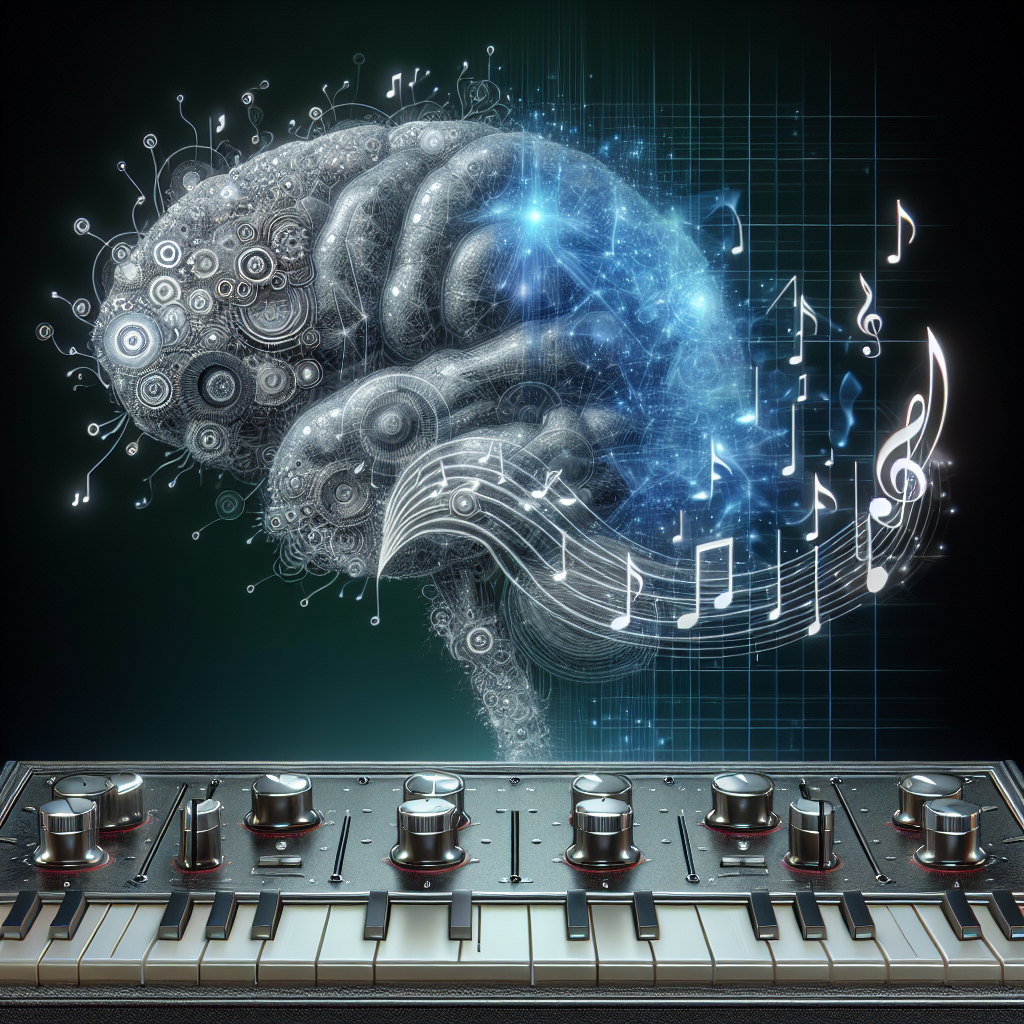Artificial intelligence (AI) has made significant advancements in various industries, including music composition. AI has the ability to analyze vast amounts of data, learn patterns, and generate new compositions based on this information. This has opened up a new world of possibilities for musicians and composers, as well as raised questions about the future of music creation.
Impact of AI on Music Composition
AI has had a profound impact on music composition in several ways:
1. Enhanced Creativity: AI can generate new musical compositions based on existing data and patterns. This has enabled musicians and composers to explore new ideas and concepts that they may not have considered before. AI can also help with the generation of melodies, harmonies, and rhythms that can serve as inspiration for human composers.
2. Speed and Efficiency: AI can compose music much faster than a human composer. This can be particularly useful in industries where music needs to be produced quickly, such as in the film and video game industries. AI can generate high-quality compositions in a fraction of the time it would take a human composer to do so.
3. Personalization: AI can analyze a listener’s preferences and create personalized music compositions based on this information. This can enhance the listening experience for consumers and help them discover new music that they may enjoy.
4. Collaboration: AI can be used as a tool for collaboration between human composers and AI systems. Composers can use AI to generate ideas and explore different musical styles, which can then be further developed and refined by the composer.
5. Exploration of New Musical Styles: AI can create music in a wide range of genres and styles, allowing composers to experiment with new sounds and ideas. This can lead to the creation of innovative and groundbreaking music that pushes the boundaries of traditional composition.
FAQs
1. Can AI compose music that is as good as music composed by humans?
While AI can generate high-quality music compositions, many argue that it lacks the emotional depth and creativity that human composers bring to their work. AI can certainly create music that is technically proficient, but it may lack the soul and emotion that is present in music composed by humans.
2. How does AI generate music compositions?
AI generates music compositions by analyzing vast amounts of data, such as existing music compositions, melodies, harmonies, and rhythms. It then uses this information to generate new compositions based on patterns and structures found in the data. AI systems can also be trained to mimic the style of a particular composer or genre.
3. Will AI replace human composers?
While AI has the potential to assist and enhance the work of human composers, it is unlikely that AI will completely replace human composers. Human composers bring a unique perspective, creativity, and emotion to their work that AI cannot replicate. AI can be a valuable tool for composers, but it is unlikely to completely replace the role of human composers in the music industry.
4. How is AI being used in the music industry?
AI is being used in the music industry in a variety of ways, including generating music compositions, analyzing listener preferences, creating personalized playlists, and assisting with music production and mixing. AI is also being used to help musicians and composers discover new ideas and styles, as well as collaborate with other artists.
5. What are the ethical implications of using AI in music composition?
There are several ethical implications to consider when using AI in music composition. These include issues of ownership and copyright, as well as concerns about the impact of AI on the livelihood of human composers. There are also questions about the authenticity and originality of music compositions generated by AI. It is important for the music industry to consider these ethical implications and develop guidelines and regulations to ensure that AI is used responsibly and ethically in music composition.
In conclusion, AI has had a significant impact on music composition, offering new possibilities for creativity, efficiency, and collaboration. While AI can generate high-quality music compositions, it is unlikely to replace the role of human composers entirely. AI can be a valuable tool for musicians and composers, helping them explore new ideas, styles, and concepts. However, it is important for the music industry to consider the ethical implications of using AI in music composition and develop guidelines to ensure that AI is used responsibly and ethically.

